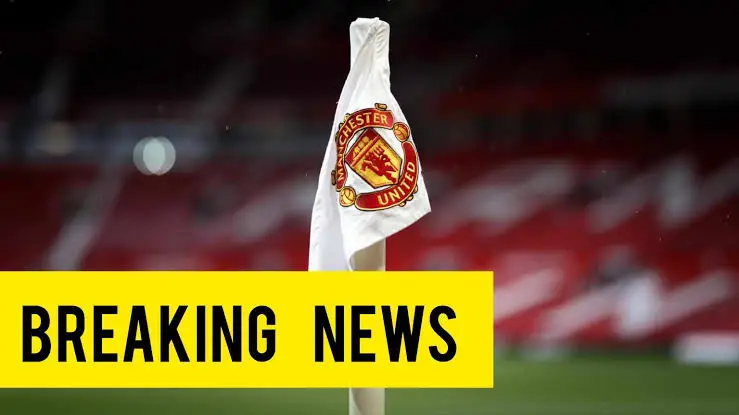In a candid and strategic interview, Manchester United’s new head coach, Ruben Amorim, unveiled his ambitious roadmap for revitalizing the club.
The Portuguese tactician laid bare his transfer plans and emphasized the urgent need to reshape the squad ahead of the upcoming season.
Amorim revealed his disappointment over a missed signing opportunity during the January transfer window, admitting that financial constraints thwarted his efforts to bring in a key player.
That player was none other than Matheus Cunha, the versatile 25-year-old Brazilian forward currently plying his trade at Wolverhampton Wanderers.
Amorim views Cunha as a crucial addition who could inject fresh energy and creativity into United’s sometimes predictable attack, and form an effective partnership with Danish striker Rasmus Højlund.
Cunha, known for his flair, relentless work rate, and adaptability across multiple attacking roles, has impressed in the Premier League.
Amorim believes the Brazilian forward’s presence would offer United a more dynamic and unpredictable attacking edge, something the team has lacked in recent seasons. However, Amorim’s vision goes beyond just Cunha.
He has presented the club’s recruitment department with a list of three primary transfer targets, signaling his intent to construct a cohesive and competitive squad capable of matching elite teams like Manchester City and Arsenal.
Joining Cunha on Amorim’s wish list are Sporting CP’s Morten Hjulmand and Benfica’s António Silva. Hjulmand, a midfielder celebrated for his tactical intelligence, ball-winning ability, and calmness in possession, was a vital component of Amorim’s former team.
The coach sees him as a natural midfield partner for the emerging Kobbie Mainoo, with the duo expected to bring balance and control to United’s midfield engine room. On the defensive end, Amorim has set his sights on António Silva, a promising young centre-back recognized for his composure, strength, and defensive maturity.
Silva is envisioned as the perfect complement to Lisandro Martínez, potentially forming a solid and reliable central defensive pairing.
Should these transfers come to fruition, Amorim’s ideal starting eleven would include André Onana between the posts; Diogo Dalot, António Silva, Lisandro Martínez, and Luke Shaw in the backline; Hjulmand and Mainoo anchoring the midfield; with an advanced attacking setup consisting of Cunha, Bruno Fernandes, and Alejandro Garnacho supporting Højlund as the lone striker.
This structure reflects Amorim’s tactical philosophy: a high-pressing, possession-dominant style that prioritizes fluid movement and cohesion.
Amorim’s plans signify a clear departure from United’s recent history of inconsistent and fragmented recruitment. His familiarity with players like Hjulmand and Silva indicates a shift toward a more unified and tactical approach to squad building.
With strong backing from the club’s board and a sizeable summer budget, Amorim is poised to lead a transformative period at Old Trafford.
The upcoming transfer window could mark the beginning of a new, competitive era for Manchester United under his leadership.
